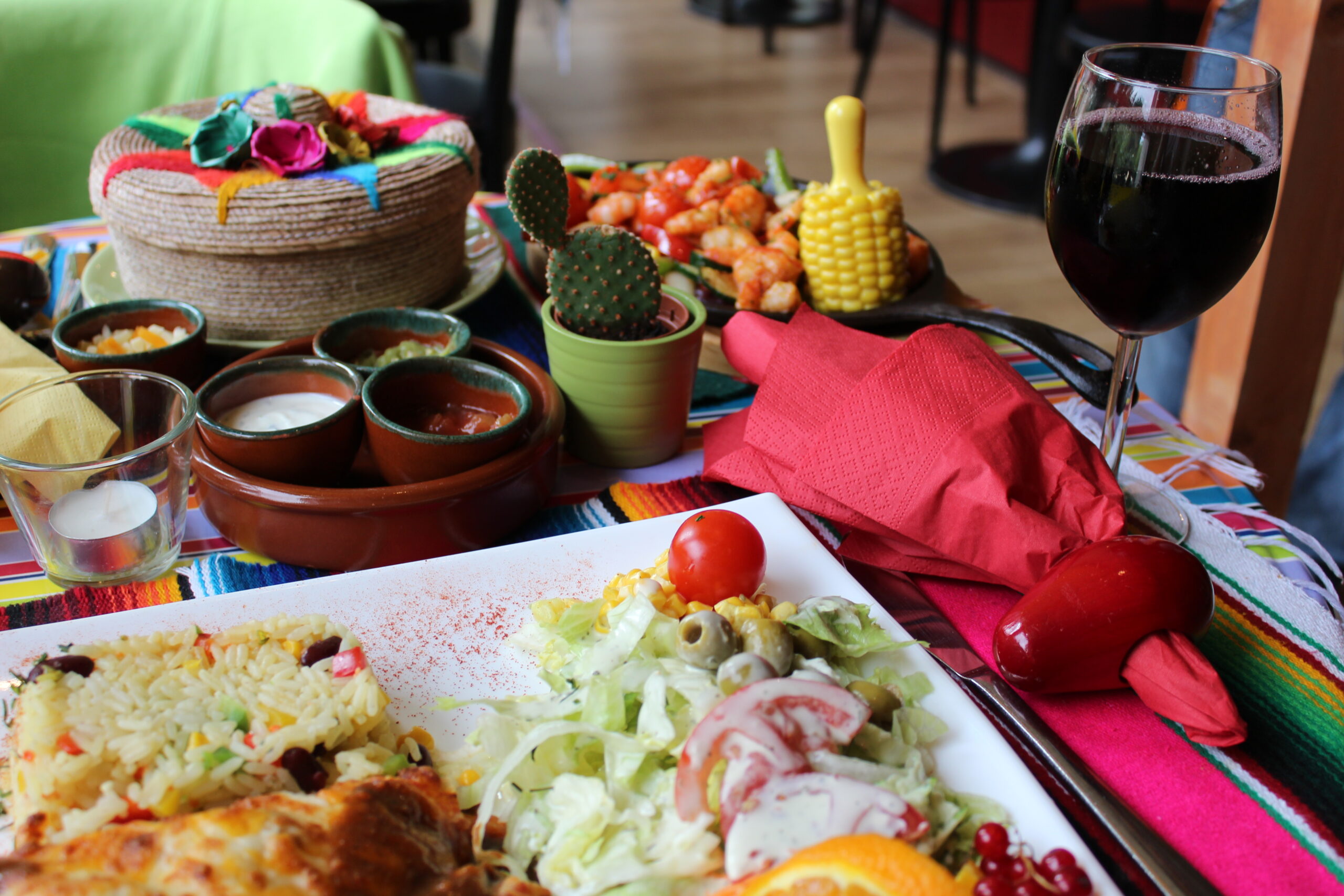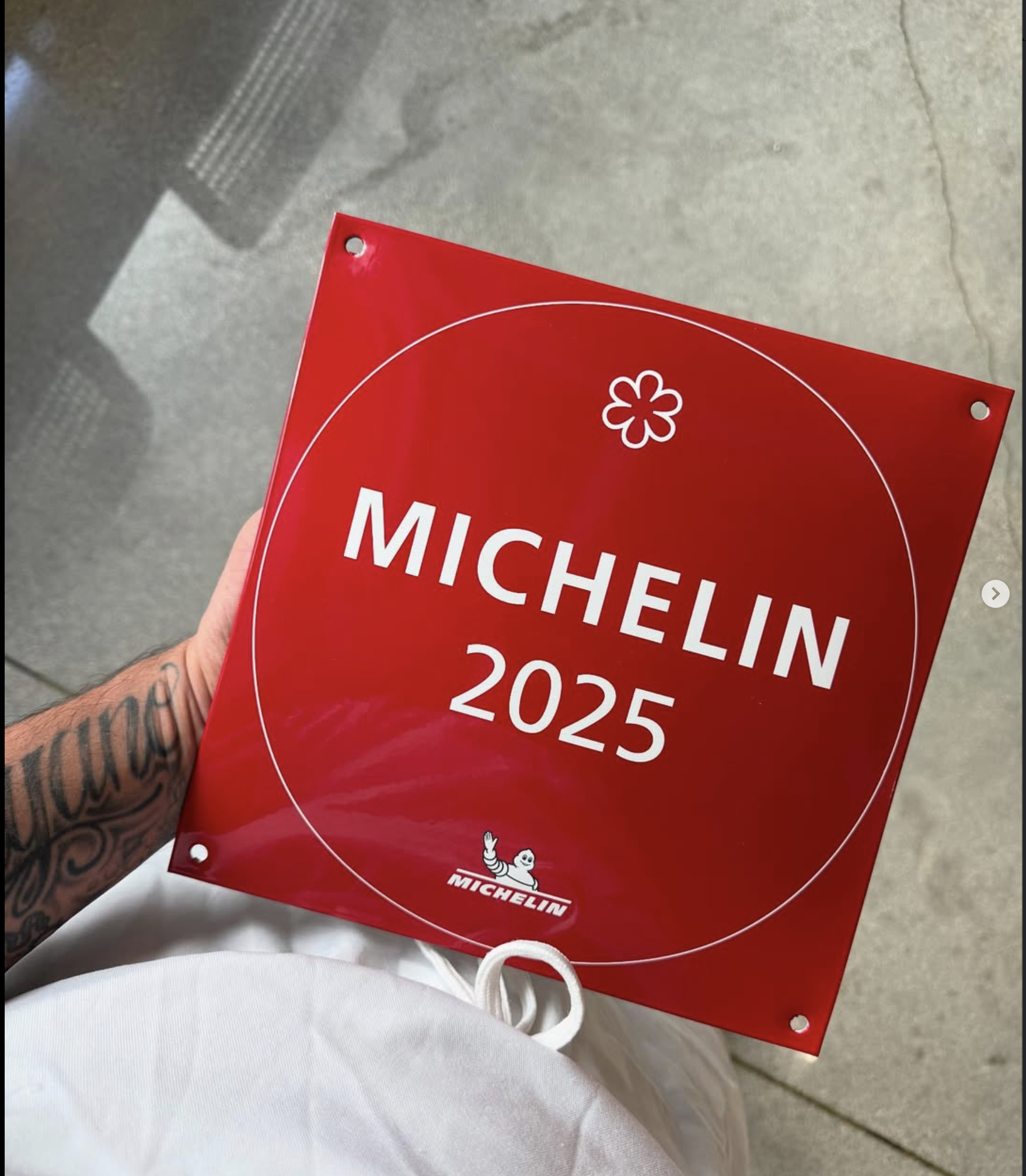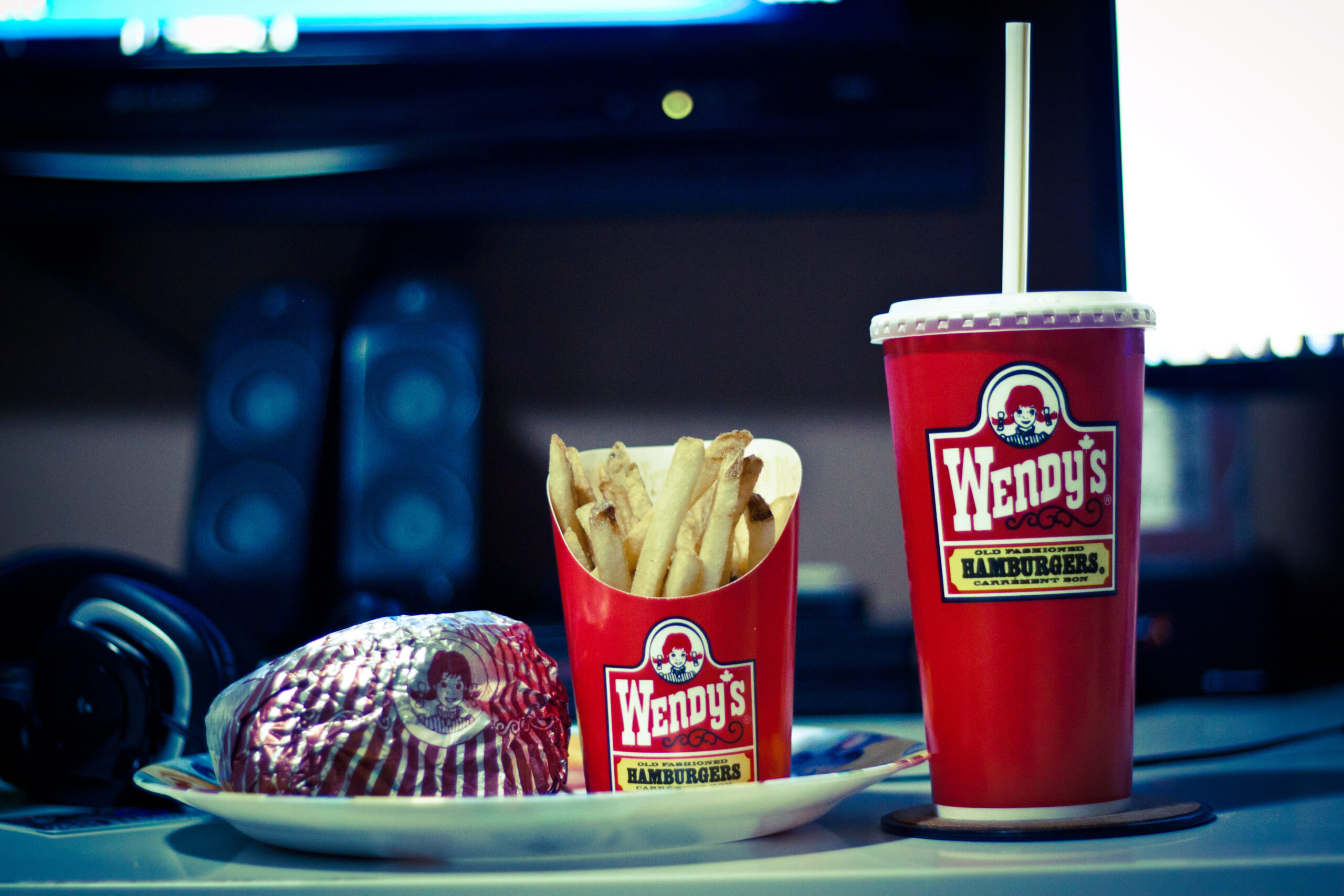The savory scent of carnitas crisping on a plancha wafts through Santa Rosa’s Roseland district once again. Like a phoenix rising from bureaucratic ashes, MITOTE Food Park has found new life after nearly becoming another casualty in the eternal battle between culture and construction.
“All these cities wanted us to move there: Petaluma, Sebastopol, Windsor,” owner Octavio Diaz told SFGATE. “But this concept was born in Roseland, which has the highest population of Latinos in the county, so we wanted to stay in Roseland.”
For five years, MITOTE operated under the ticking clock of inevitable development. When construction timelines for the Tierra de Rosas housing complex suddenly accelerated last December, over 70 workers faced the unemployment line. Just when the final curtain seemed ready to fall (you know that moment in disaster movies when all hope seems lost?), an unexpected plot twist emerged.
A mysterious benefactor—whom Diaz describes with Marvel-level secrecy as “very private”—offered an abandoned school property at 100 Sebastopol Road. The 1.7-acre site with a 20,000-square-foot warehouse has transformed from educational wasteland to culinary playground in record time.
Step into today’s MITOTE—named after an ancient Nahuatl word for “gathering”—and you’re transported to a sensory carnival. Children climb on a Snoopy statue while bachata music competes with the symphony of sizzling grills. The seven food trucks function like specialized chapters in a delicious novel, each telling the story of a different Mexican region.
“It’s a family-friendly environment,” said visitor Hector Martinez, savoring a huarache de chicharron. His friend Jose Benitez nodded over his own plate. “It’s a beautiful place.”
At Yuca Mami’s truck, owner Jason Echeverría has customers lining up like it’s a Supreme drop for his signature panuchos—handmade tortillas stuffed with black beans and topped with cochinita pibil that’s been marinating for 24 hours. (Ever waited in line for something so good you didn’t even check your phone? That’s the MITOTE experience.)
Santa Rosa City Councilmember Eddie Alvarez emphasized MITOTE’s significance beyond just food. “This isn’t just a business; it’s a cultural cornerstone for our community,” he told the Press Democrat.
MITOTE’s bar program pairs Northern California wines with traditional Mexican beverages like pulque and mezcal cocktails. You could spend a month sampling everything and still discover new flavors—no passport required.
The park hosts cultural events showcasing local artists and craftspeople in a space that feels more like a community living room than a business. In an age when most community activism barely survives beyond a hashtagged weekend, Santa Rosa residents showed up with their wallets when it mattered.
For the seven food truck owners, MITOTE’s revival isn’t just heartwarming—it’s economic survival. For Santa Rosa, it represents a rare win against the seemingly unstoppable force of development that typically steamrolls cultural spaces without a second thought.
In the ongoing chess match between developers and community landmarks, MITOTE just pulled off an unexpected checkmate. In a region still mourning Fernando’s closing after a two-decade run, MITOTE’s survival story offers rare hope. While construction continues at the original site, this unique Bay Area destination serves up more than just memorable meals—it offers a blueprint for how communities might preserve their cultural DNA when the bulldozers come calling.


















